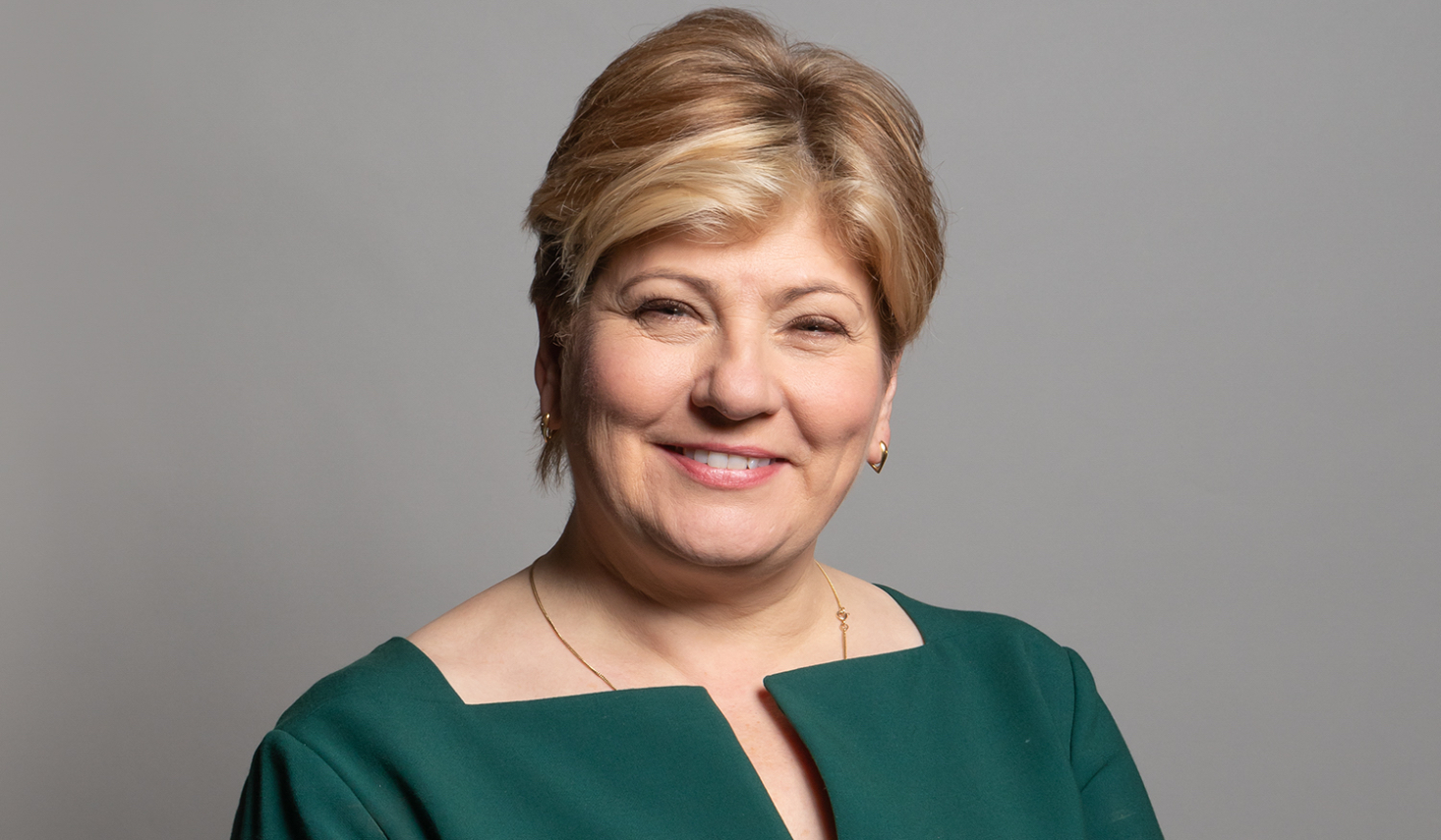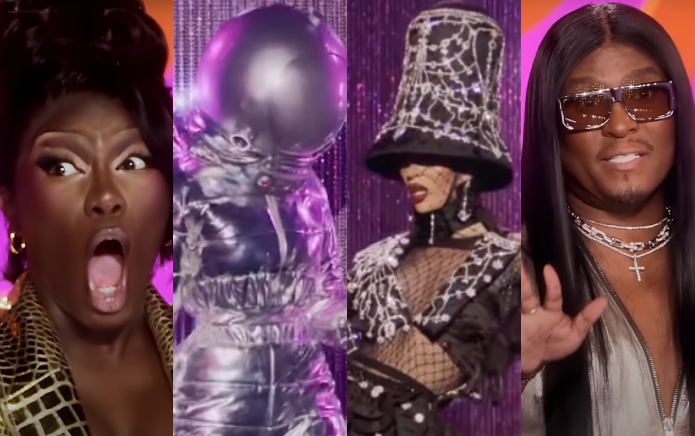
June 2019 feels like a lifetime ago. Theresa May was still the Prime Minister. Inflation was running at 1.9%. The vast majority of British people had never heard of Coronavirus, Zoom or Baga Chipz.
It was also the month that the UK became co-chair of the international Equal Rights Coalition, the first multilateral organisation dedicated to protecting and promoting the rights of LGBTQ+ people around the world.
Formed in 2016, the Coalition has a clear set of founding principles around respect for LGBTQ+ rights, ranging from the need to repeal discriminatory laws and policies to the responsibility to prevent violence and abuse against LGBTQ+ people.
Like many other global organisations – in areas such as trade, security and the environment – the chief goal of the Coalition is to increase the number of countries willing to become a member and thereby commit to its principles.
When the UK became co-chair in June 2019, there were 42 countries around the world signed up as members of the Coalition. As we relinquish our leadership of the group this September, there are still just 42 members.
Even with the benefit of a lengthy extension in our term of office because of the pandemic, the UK government has not managed to persuade a single additional country to join the Equal Rights Coalition in three years and three months in charge.
"Just as in June 2019, the Coalition still does not have a single member from Asia, the Caribbean or mainland Africa."
And when we look at where in the world the Coalition is lacking members, that failure to make progress becomes even more stark.
Of the 56 nations that currently make up the Commonwealth, there are still just five besides the UK who are also members of the Equal Rights Coalition: Australia, Canada, Cyprus, Malta and New Zealand.
Just as in June 2019, the Coalition still does not have a single member from Asia, the Caribbean or mainland Africa.
These are the regions around the world which make up the current front line in the battle for LGBTQ+ freedom, the countries where activists risk detention and violence just for marching under the Pride flag, and the tourist destinations where LGBTQ+ couples from the UK have to check local laws before they go out in public.
The UK government has been handed a golden opportunity over the past three years to increase the pace of change in these regions by signing up new members to the Equal Rights Coalition, and it has not so much wasted as ignored it.
Take the rollover deals that the UK signed with 67 countries around the world from 2019 onwards to maintain free trade after we left the EU. 54 of these countries are not members of the Equal Rights Coalition, and yet in not one single case did the government try to persuade them to sign up as part of our new agreement.
Take the G7 summit hosted by Boris Johnson in Cornwall in June 2021, specially expanded into what he called ‘a Democratic XI’, and billed as a celebration of human rights, equality and the rule of law. And yet, no effort was made to persuade four of our 10 guests – India, Japan, South Africa and South Korea – that it would be a good occasion to join the others as members of the Equal Rights Coalition too.
Over the last three years, one opportunity after another has passed by, most notoriously when ministers were forced to cancel their own global conference on LGBTQ+ equality this summer after outrage over their U-turns on ‘conversion therapy’, itself a reminder that the government’s disregard for LGBTQ+ rights has been seen just as much in their domestic policy as in their global diplomacy.
And who in government is the chief architect of that indifference, at home and abroad? Who holds the greatest blame for the failure to expand the Equal Rights Coalition, and the repeated spurning of chances to do so?
That dishonour falls squarely at the feet of Liz Truss, minister for women and equalities from September 2019 to September 2022, negotiator of the rollover trade agreements that provided our greatest unused leverage in that period, erstwhile host of the cancelled ‘Safe To Be Me’ conference this summer, and for the last year, directly responsible for the Equal Rights Coalition in her role as Foreign Secretary.
Three years ago today, the UK became Co-Chair of the Equal Rights Coalition, the global body to promote LGBT+ rights. There were 42 member states when Liz Truss took charge, and there are still just 42 today. Not a single new country brought on board in three years. Pathetic 🏳️⚧️🏳️🌈
— Emily Thornberry (@EmilyThornberry) June 14, 2022
Over these past three years, I have bombarded Liz Truss with questions and letters asking what progress she was making on recruiting new members to the Coalition, scarcely able to believe she was allowing the opportunity she had been given on behalf of our country to so casually pass her by.
I even personally persuaded one overseas government to express their interest in joining, but all apparently to no avail.
And now – after three years and three months – the chance has gone. What could have been a landmark diplomatic achievement for our country, a dramatic expansion in the number of countries officially committed to protect LGBTQ+ rights, building on recent progress in nations ranging from Singapore to Botswana, with pioneering leaders in Asia, Africa and the Caribbean showing the way for their peers, has instead become that most dismal of governmental failures, the ones where nobody even tried.
Back in June 2019, Liz Truss was the No.2 minister at the Treasury, deputy to Philip Hammond. That must feel a lifetime ago for her too. But for the vast majority of the period since, she was given the authority and the opportunity to make a real historic difference to the protection and promotion of LGBTQ+ rights around the world.
Apparently, she had more important things to do.
Emily Thornberry is a member of the Labour Party currently serving as the Member of Parliament for Islington South and Finsbury, as well as the Shadow Attorney General for England and Wales.



